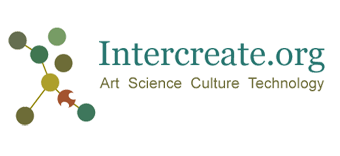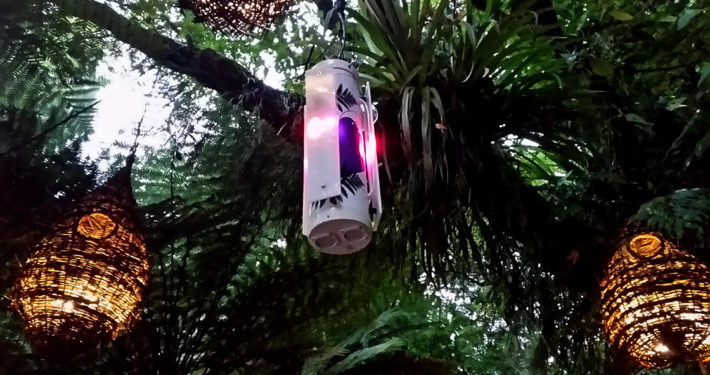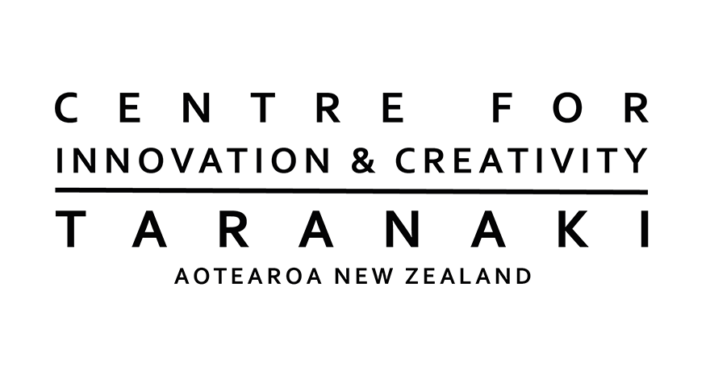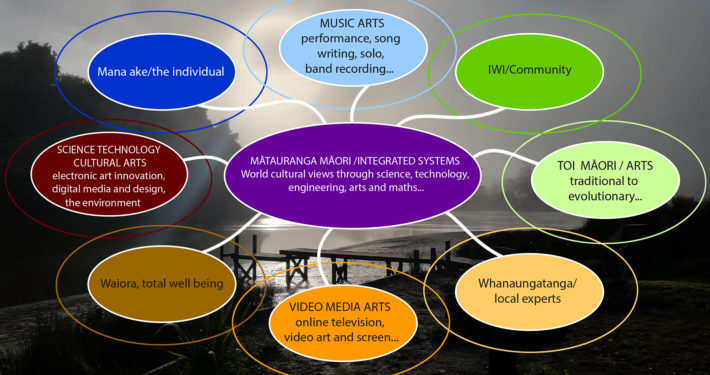The Centre for Innovation and Creativity
Teaching Philosophy
About the Centre
The Centre for Innovation and Creativity is a non-profit social enterprise located in Ngamotu, New Plymouth, New Zealand.
The interface between creativity, culture, economics and technology, has the ability to support income generation, building a local creative economy and creating jobs while at the same time promoting social inclusion and well-being, cultural diversity, intergenerational human development and circulating intellectual capital. These factors are crucial to the long-term sustainability of culture and business in Taranaki.
Our focus is on unlocking and enabling the creative and innovative potential of our communities by offering access to tools, technology and knowledge and opportunities to come together, collaborate, experiment, take risks, create and innovate.
Our primary strategic opportunity is to provide tertiary level education for creatives in association with The Learning Connexion (TLC) Wellington and Intercreate.org.
Teaching Philosophy at The Centre For Innovation & Creativity
The aim of the following material is to ensure all staff including student mentors are on the same page in education terms. As we are delivering via The Learning Connexion, we are aligned to their philosophy of student empowerment. It is important that potential staff and mentors agree to the following position statement, as prior to being engaged as a mentor and receiving payment, you will need to sign a contract referring to the following, which is based on text from TLC.
Kaupapa – Philosophy
We teach sustainable creativity through projects. Our style of teaching is to draw out from the student rather than stuff in. By drawing from student life experiences, we enable students to develop individual creativity and see how this relates to the wider world. We focus on learning by doing so our programmes are hands-on and practical.
The Centre for Innovation & Creativity (CIC) is committed to equal opportunity in all of its education policies and procedures. Equal opportunity includes recruitment, programme delivery, and the teaching environment. All students regardless of gender, race, marital status, age, sexual orientation, family status, religious or ethical beliefs, political opinions, health, disability, or union affiliation have equal access to equal opportunities.
TLC + CIC whāinga – goals
- Whakamana – do what it takes to help students access their own power, intelligence, creativity and success skills
- Wana – work with passion, integrity and a sense of fun
- Auaha – develop innovation in business and learning
- Kiritau – build trust, self-esteem and a willingness to respect and share knowledge with others
- Toitū– teach sustainable creativity through projects
- Pūngao moe – open infinite pathways and possibilities of knowledge
- Pākati – establish patterns which make learning and creativity a way of life
- Reretahi – promote harmony between personal business and social goals and act with care and reverence for the world and it’s creatures
- Momoho – focus on economic success for all
- Aweawe – be a world-wide influence as an educational provider in the field of learning and creativity
General approach to teaching
This document provides a clear statement of values and purpose in regard to Mentors of the CIC specific to the delivery of qualifications in Creativity. The proposed scenario for the delivery of discipline specific knowledge and awareness, is to have permanent staff of the CIC take students through the courses and programme in an overall sense, and for mentors to be engaged to provide knowledge related to their expertise. This allows for a STEAM (Science, Technology, Engineering, Arts, Maths) framework at tertiary level. The intention is to be intercultural, interdisciplinary and intergenerational.
Grading and moderation
In general, CIC staff will be responsible for grading and moderation, with mentors able to provide recommendations for grades, while the final decision is that of the staff of CIC. Mentors who seek a variation on the scenario for grading and moderation must raise this with staff of the CIC at the commencement of mentoring.
Shared values
CIC staff and Mentors agree that:
- Rather than impose external values, they will assist drawing creativity out of the student and will provide student centred mentorship. Student centred here means in regard to the needs of the specific student or students.
- To avoid situations where divergent feedback is given to students, mentors will agree with staff of the CIC, who is to be primary mentor for the student project. Being primary mentor means keeping the secondary mentor appraised of feedback to the students. Being secondary mentor means that in the situation of divergent feedback, the feedback of the primary mentor takes precedence.
- Tertiary education requires precise adherence to deadlines and timeframes. Any variation on the stated timeframes must be discussed and approved by staff of the CIC. This applies to staff, mentors and students and is applicable to teaching and mentoring start times, dates for specific content sessions and due dates for assignments to be handed in.
Mentoring types and remuneration
Mentors may be asked to give a one hour talk on their work, led a workshop for half a day, a full day, and up to four full days. One-hour talks are generally not paid, while workshops are paid by the hour.
Provision of resources for student projects and workshops
Scaffolding is important to learning. A student project requires documentation of the proposed project and identification of knowledge and skills that the student would benefit from. The student project proposal needs to be signed by the student, CIC Co-ordinator and the mentor as appropriate. Where specific materials and equipment are required, these must also be identified and the plan must include the means by which access to the requirements occurs.
Leaders of workshops are expected to provide a page or pages that constitute a guide for the students undertaking the workshop. Any required materials need to be identified at least a month prior to the workshop.
Project Founders
Stacey Hitchcock
NPDC Deputy Chair Planning Committee, former Auckland Manager and National Board Member of ZEAL
Wayne Morris
Business Improvement Facilitator, MA Organisational Creativity, Creativity Advisor [global reach], Musician, Artist, Gallery Owner, Founder NZ Creativity
Sam Johnson
Musician – albums through BMG / Sony / Sunday Best; Community Music in London; Creative Music Production and Business, University of Westminster, Music Leader Training programme writer.
Anand Rose
New Plymouth Citizen Award for work in Music, Film, Radio and Event Management in 2016; urban renewal projects with NPDC; founder Singer Songwriters, New Topia, Green Cow Productions
WharehokaSmith
Kaiwhakaako Toi Kaihoahoa Kaihokohoko Art Practitioner, Designer, Entrepreneur, Critical Thinker, Systems Analysis, Strategist, Writer, Poet, Singer Songwriter, Musician, Environmentalist, Art Activist
Ian Clothier
MA (Hons), Electronic Artist (international reach – 15 countries), Public Commissions, 102 Exhibitions; 26 Publication credits, Environmentalist, co-founder SCANZ, Intercreate Trust, Founder Water Peace Power
Creativity Programmes
Click to see our programmes
Creativivity Centre
About the Centre
Tapuae Roa
Connecting with the future of Taranaki
The Future of Work
The changing world
Te Wheke Adapted
An integrated model





